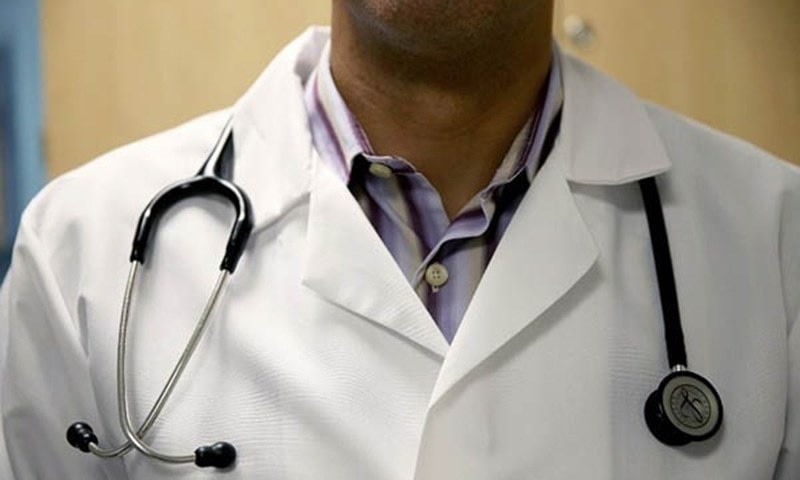KARACHI: Inspired by a technology-driven initiative of the Dow University of Health Sciences (DUHS), overseas Pakistani doctors have joined hands with one of the oldest public sector medical universities to train physicians and health professionals based in Pakistan for their capacity-building equipping them with new techniques, modern technology and advanced knowledge which would otherwise “cost them millions” to achieve on their own.
Senior members of the Dow Graduates Association of North America (Dogana) — with over 1,000 Pakistani doctors as its members practising in the US and Canada — during their recent visit to Pakistan finalised terms and proposals for the launch of the project called Medical Knowledge Corridor with eDoctor — the technology-driven initiative of DUHS.
In the first phase, a database of Pakistani doctors across the world will be created in collaboration with Dogana. “This is a Dogana initiative partnering with eDoctor to help create a database of doctors,” said Dr Mamoona Shaikh-Ahmad, president of Dogana.
In first phase, database of Pakistani doctors across the world will be created
“We want to create a database network where doctors from the same specialty can come together and exchange medical knowledge and discuss ideas about patient care. This will be an electronic database where physicians will be provided with a platform to network, arrange conferences and hands-on seminars, learn new techniques and technology.”
She said that they understand the unique circumstances and difficulties which their Pakistani colleagues face daily hence there would be limited access to the data for “members only” for secure information sharing.
“We are building a relationship between our communities globally to create a digital network where we can help each other more efficiently on the one-globe concept. It’s an attempt towards a system where new technologies, equipment and expertise are available to our people in Pakistan.”
The initiative, officials believe, can prove a success amid fast-growing technological support and advanced knowledge-based education in medical sciences which Pakistan lacks so far.
A large number of medical graduates and health professionals in Pakistan after completing education still need to pursue foreign qualification and certification for global recognition. They say once Dogana and eDoctor launch the initiative options can also be explored for certification of professionals trained by the Medical Knowledge Corridor.
“We only hope for its success,” said Abdullah Butt of Educast, a technology partner of the DUHS on its eDoctor project.
“We have nothing to lose as it does not involve any cost or investment. It would be a great contribution of Pakistani doctors in the US and Canada for their colleagues back home. There are many Pakistani doctors and physicians in the US and Canada, who are members of the Dogana as well and who are respected globally for their medical science knowledge and professional excellence.”
The DUHS is running the project eDoctor aiming to bring 35,000 non-practising women doctors back into the field through the innovative use of technology. Launched more than a year ago, the programme has so far recruited 700 women medics in its training sessions. Many women had left or were forced to leave their careers several years ago and now have adult children.
Pakistani professionals in the US and Canada noted the successful DUHS project and decided to get in touch for launching its initiative with plans of contributing more in their native country’s healthcare system.
“We have always appreciated the efforts made by the governments in Pakistan for better healthcare,” said Dr Mamoona.
“We expat doctors have already worked with previous governments on different projects. We are always willing to go the extra mile to help our own people. It is our responsibility to improve healthcare in Pakistan by improving medical education, research, training as well as facilitating patient care.”
“From Prime Minister Imran Khan, we expect him to understand the difficulties faced by common people in getting healthcare since he himself has provided excellent healthcare through his Shaukat Khanum Hospital.”
Published in Dawn, January 27th, 2020












































